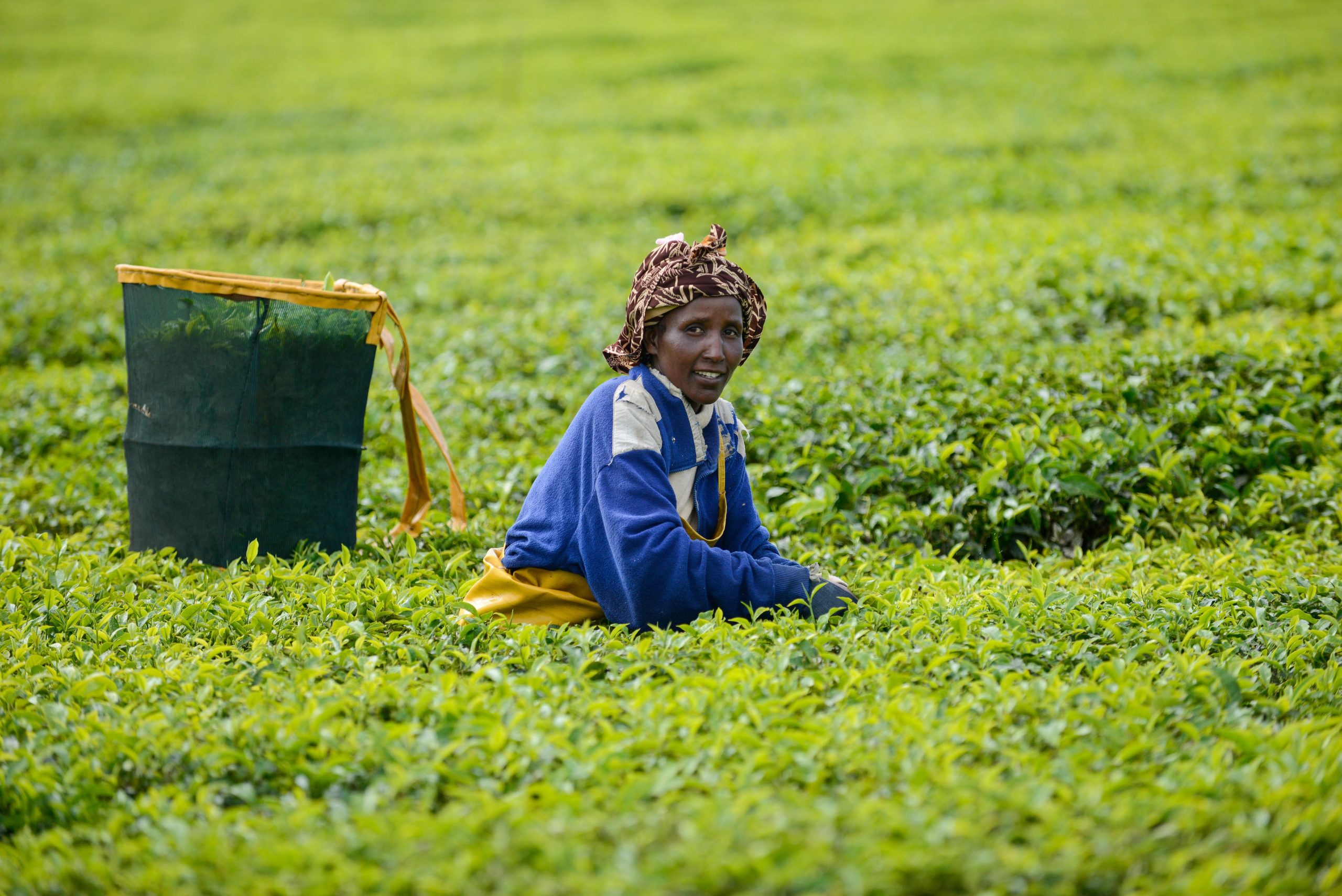True cost of a cuppa
Ending the poisonous practices behind your daily brew
Reading time: 6 min
The following feature first appeared in the most recent edition of Landworker – you can read the full issue online here.
Most British consumer products spring from a supply chain that stretches thousands of miles. The chain spans continents and is touched by an untold number of hands.
What secrets do our consumer products hold? If we knew the full scale of the suffering that went into their production, would we still buy them?
For Unite and international union the IUF these aren’t mere philosophical questions. We all have a collective responsibility to one another – and that responsibility crosses borders.
So when British companies behind household names like PG Tips had failed to tackle sexual exploitation of women on Kenyan and Rwandan tea farms – instead of passing the buck – Unite and its global trade union partners decided enough was enough.
Last year, Unite and the IUF met with management at the British arm of Lipton Teas and Infusions in Manchester, where Unite is the recognised union. Unite was joined by global union representatives, IUF affiliates, from across the supply chain including the US, Turkey, Pakistan and India.
“We met with the employer and agreed a landmark sexual harassment framework that would apply throughout the supply chain,” Unite national officer for food, drink and agriculture Bev
Clarkson said.
“Even though Lipton Teas doesn’t own the tea plantations in Kenya and Rwanda where the sexual abuse occurred, they still source all their tea from these farms. We made it perfectly clear to them that they still bore responsibility, because of due diligence and the wider supply chain. And to be fair to them, they accepted this responsibility.”
As Landworker highlighted last year, the horrific sexual abuse which Unite and the IUF are determined to stamp out first came to light after a 2023 BBC Panorama investigation.
Workers from a tea plantation in Kenya, then owned by Unilever and James Finlay & Co, told Panorama that they were being sexually abused by supervisors and recruiters. Because there is so little work in the area, they had no other option than to submit to their sexual demands, or face poverty.
One woman reported that she was suspended from work until she had sex with her boss, while another said she was infected with HIV by a supervisor after being pressured to have sex with him.
A BBC Panorama reporter also went undercover to work on the farms. A recruiter arranged a job interview for the reporter, which was held in a hotel room, where a manager asked her to undress and touch him in exchange for a job.
At the time of filming, Unilever had just offloaded its tea business, then called Ekaterra, to private equity firm CVC, which later rebranded the business to Lipton Teas and Infusions.
Lipton Teas and Infusions immediately suspended abusive staff identified in the Panorama programme and committed to a full investigation. Although Lipton itself later offloaded the farms to another company, Browns, they committed to working with Browns, as their supplier of tea, to implement a new set
of standards.

But for Unite and the IUF, it wasn’t enough to simply agree policies and consider the job done.
“One of my main concerns was that you can have all the policies in the world, but if they aren’t properly implemented and monitored, then what’s the point of having them?” Bev noted. “It’s just a piece of paper that’s shoved in a drawer.”
At the initial meeting in Manchester last year, Unite, the IUF and Lipton Teas agreed to develop a monitoring system and meet twice yearly. At a successive meeting in March, they agreed to a sexual harassment training programme which would be piloted at a test site before being rolled out at sites globally. Discussions are still ongoing.
Bev added that tackling sexual harassment and abuse across the Lipton Teas supply chain is only part of Unite and the IUF’s work.
“Our work is about human rights more broadly,” she explained, as she highlighted a recent victory at a Lipton Teas site in Turkey. The site had long recognised the affiliated Turkish union, but now that they were building an extended packing area, local management refused to allow union recruitment in the new part of the site.
“We argued that since they’re simply extending the site, it is in effect, the same site, so the union should have access to recruit,” Bev noted. “The employer said they didn’t have the authority to get involved because of Turkish law, which we disagreed with.”
At an impasse, Unite reps came up with what Bev called a “blinding” solution. At the time of the meeting, engineers at the Manchester site were working at the new site in Turkey installing machinery.
“Our two Unite reps then told management, if you don’t allow the union to recruit at the site, then we’ll make sure our Unite members working there currently don’t go back,” Bev recounted. “That’s when management’s entire demeanour changed, and they agreed right away to look into it.”
It is this transnational solidarity that’s having a real, tangible impact on workers’ rights across the world. And Unite and the IUF’s work is only just beginning.
Ultimately, Bev said such work has never been more urgent at a time when supply chains of our most cherished products grow ever longer and more complex.
“No consumer would want to buy a product knowing that women are being sexually harassed, abused and in some cases even raped, just so that we in the Western world can have a cup of tea,” Bev said. “They would much rather buy a box of PG Tips knowing that every part of the supply chain is ethically managed. Companies care about reputational damage – that’s why the pressure we’re putting on them is working.”
By Hajera Blagg



